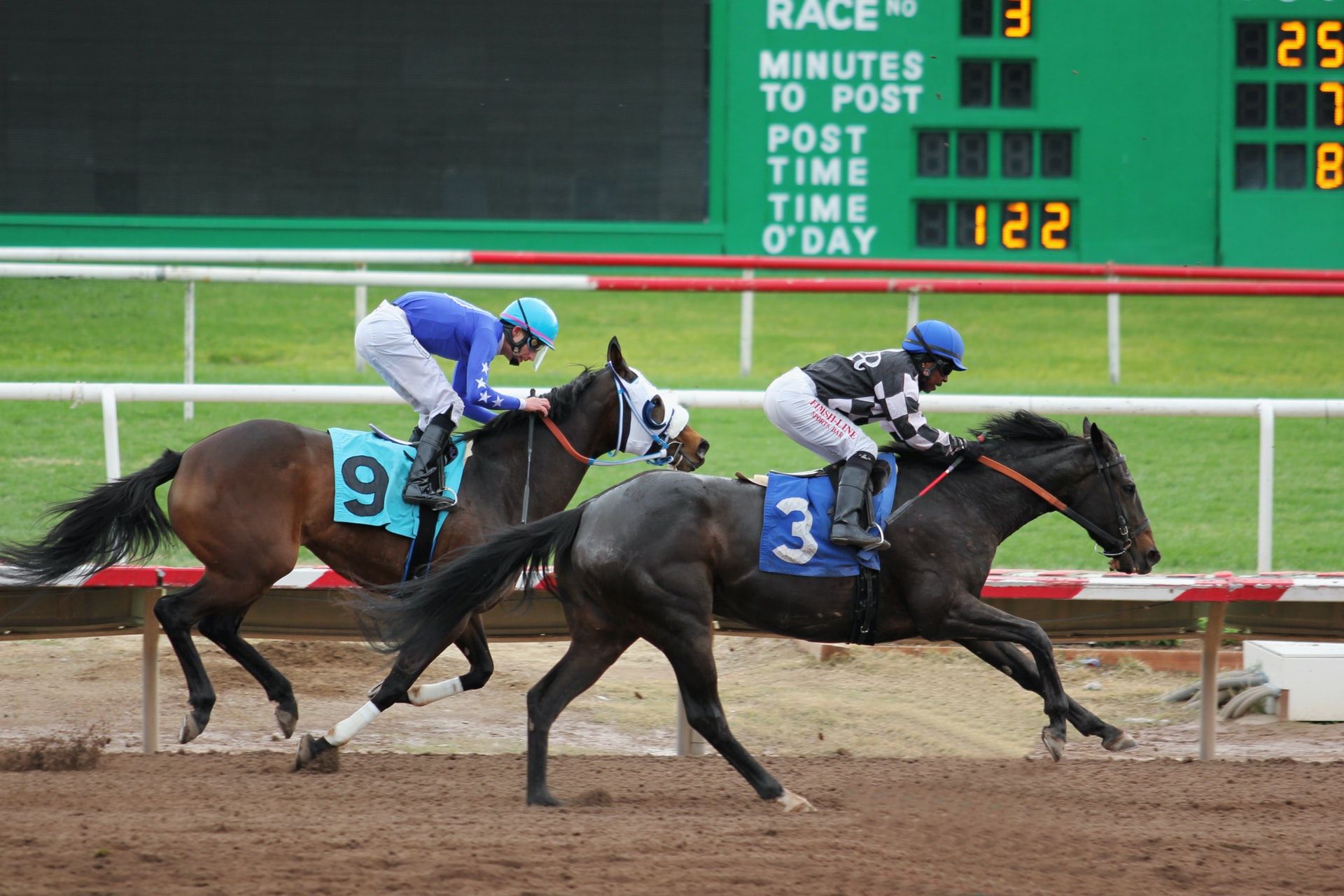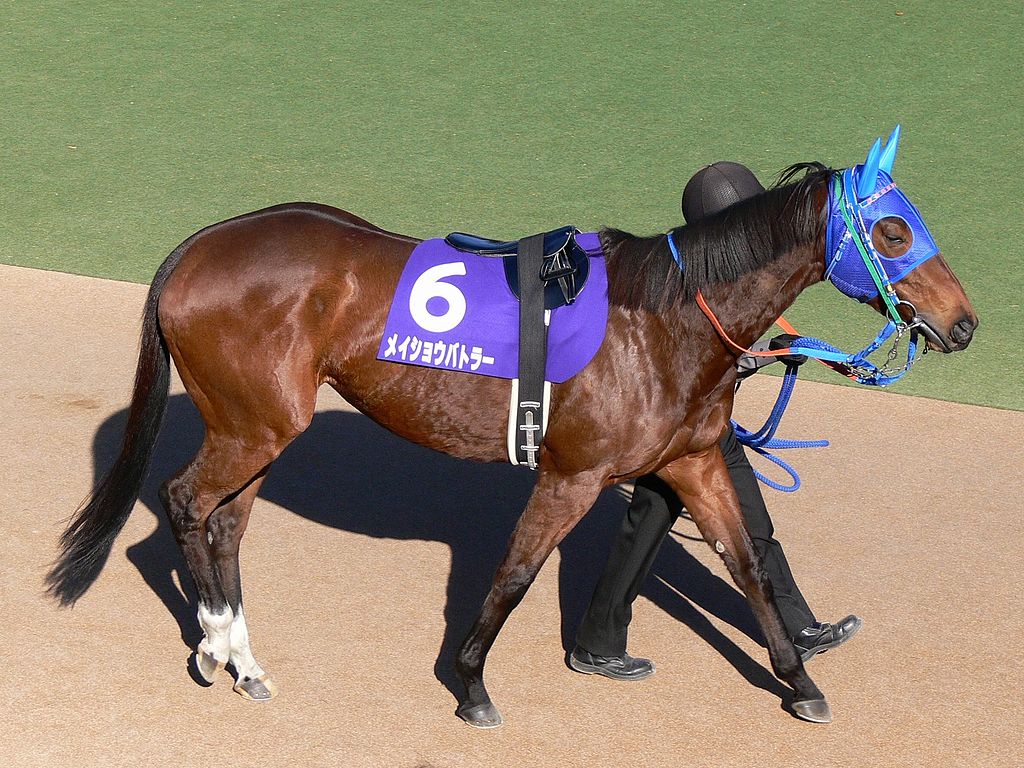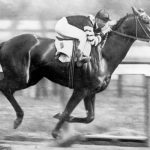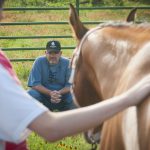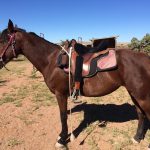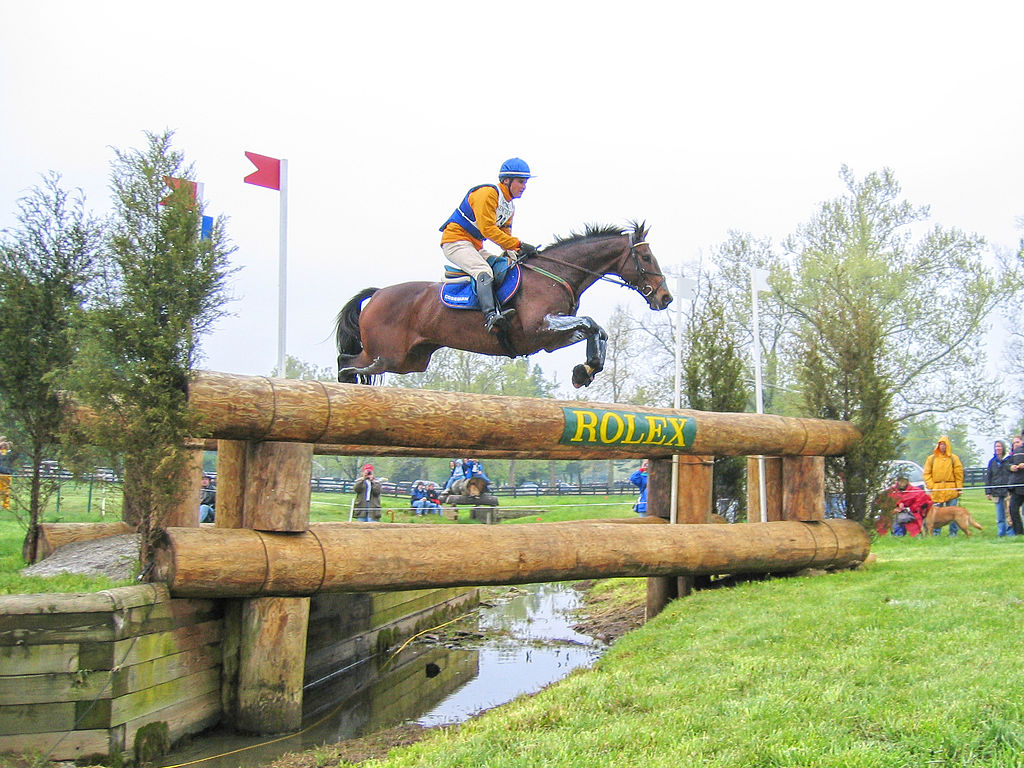People suffering from PTSD are confronted with panic attacks, insomnia, and disturbing flashbacks on a daily basis. This is a hard condition that is usually accompanied by a detachment from society and any meaningful relationship. One of the methods used to relieve the symptoms of PTSD is treatment with horses.
So what is this treatment? How is it possible that a horse could be a better company than a close friend or relative? Believe it or not, it is true. Studies have shown that over 60% of patients with PTSD showed improvement after spending only 3 weeks around horses and after 6 weeks over 85% of patients were feeling much better.
Trust is Hard Work
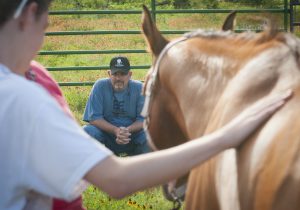
Horses are very cautious and hypervigilant animals, and they need to spend more time with someone until they can relax around them and show their true nature. Unlike dogs who get attached to humans unconditionally, horses need commitment and everyday care. This is one of the reasons why people with post-traumatic stress disorder connect with horses. They understand their behavior, so they approach the horse and respect its boundaries, the same they would want people around them to respect theirs. Once the connection is established, the patient is proud of themselves and the horse, since they are aware of how hard that ordeal was.
Become Aware of Your Body

Another important symptom that may occur with PTSD patients is the numbness of the body. People like to escape their reality so they experience emotional numbness and a lack of awareness of body language. After spending some time with horses they learn to reconnect with their bodies, and they start losing the feeling of “not being in their own body”. In order to make a relationship with the horse, they need to be aware of the horse’s body language. In this way, without realizing, they take control over their own bodies and start feeling better in their own skin.
Forming A Strong Relationship
Animals like cats and dogs often offer natural comfort and tranquility, but they get attached to their owner easily (sometimes all it takes is providing them with food and an occasional tap on the head). But with equine therapy, the patient is active rather than passive. A relationship that the patient is building is based on trust, patience, and hard work. That is why once a significant step is achieved is it much more gratifying spiritually, physically, and psychologically.  Once the patient establishes a connection with the horse through this equine-assisted therapy, this leads to the formation of a non-threatening and trusting relationship, that breeds more positive emotions with the patient such as love, respect, safety, and empathy.
Once the patient establishes a connection with the horse through this equine-assisted therapy, this leads to the formation of a non-threatening and trusting relationship, that breeds more positive emotions with the patient such as love, respect, safety, and empathy.
Furthermore, this type of equine therapy has proven successful in reducing symptoms like stress and anxiety, which leads to the improvement of the general mood of the patient. This happens because the horses usually can sense the mood of their rider to the person around them. So if the person is calm and composed, the horse is also tranquil and easy-to-handle. However, if the person handling the horse is anxious, the horse will sense it and start acting out. That is how the PTSD patients have learned that by being in a better mood and feeling happier, the horse becomes easier to control.

